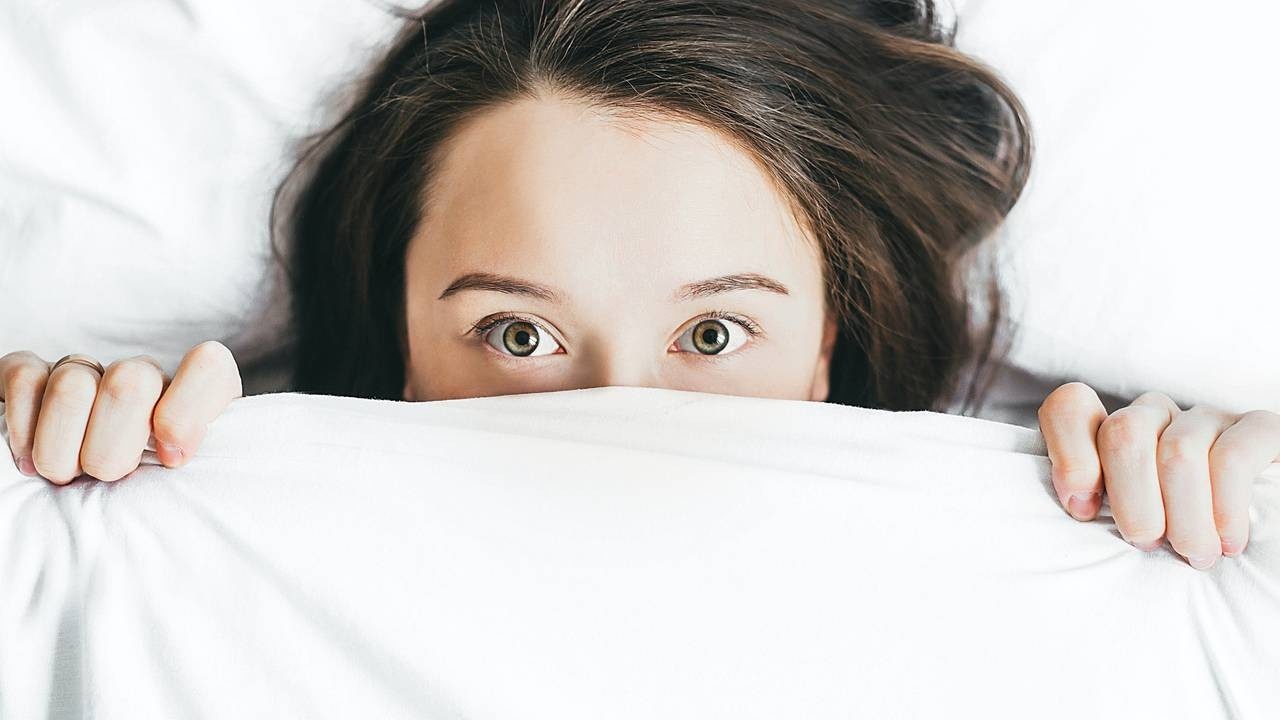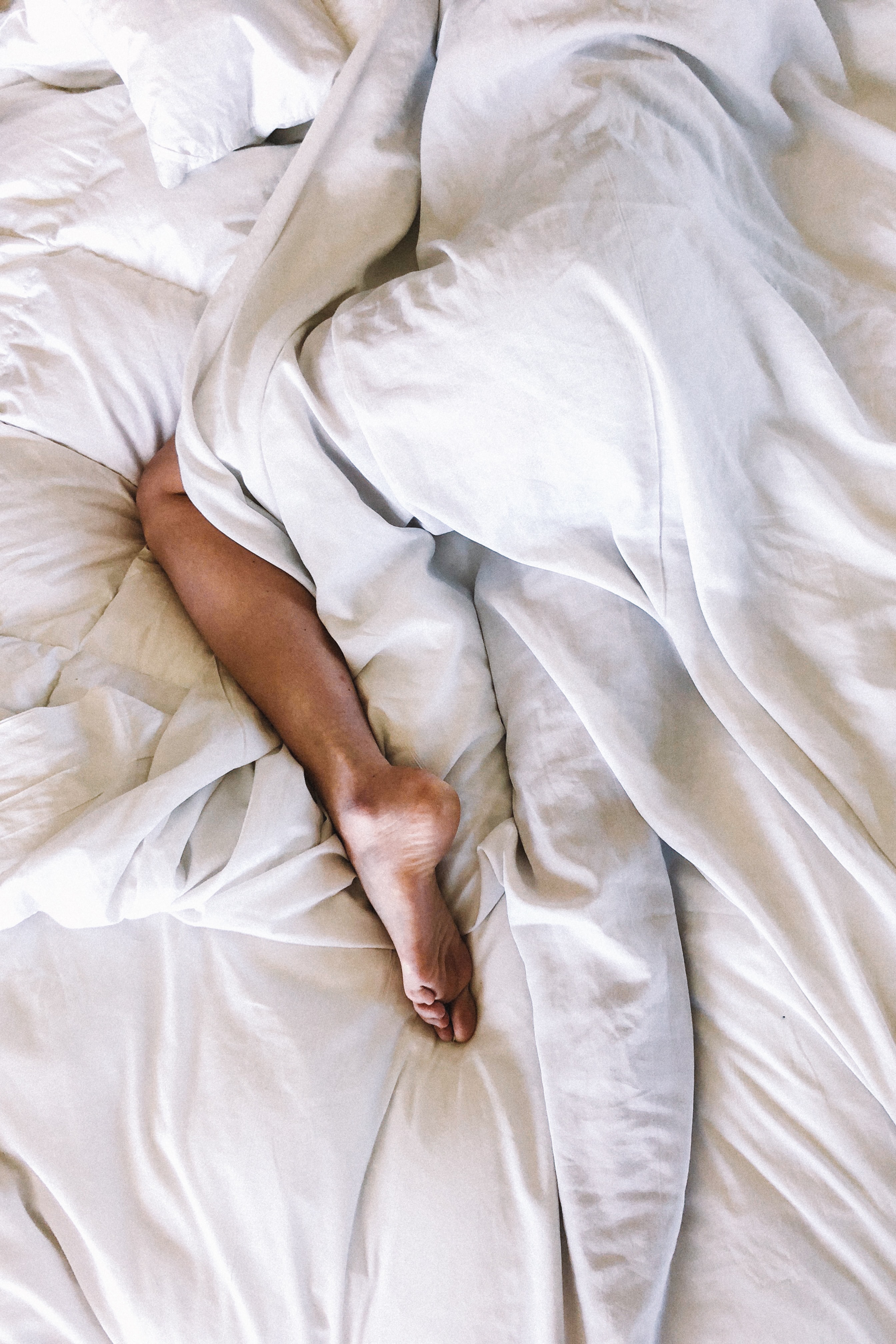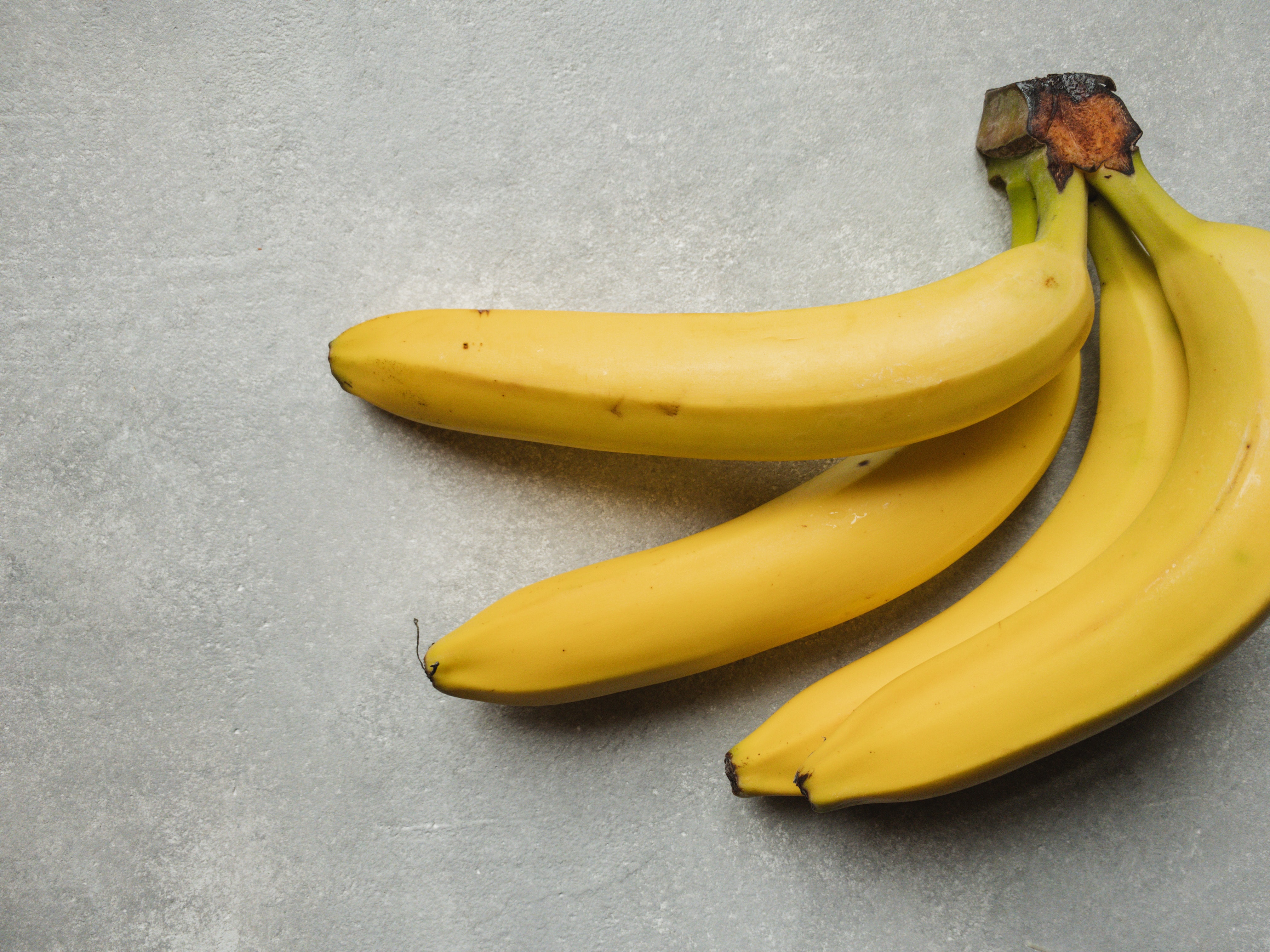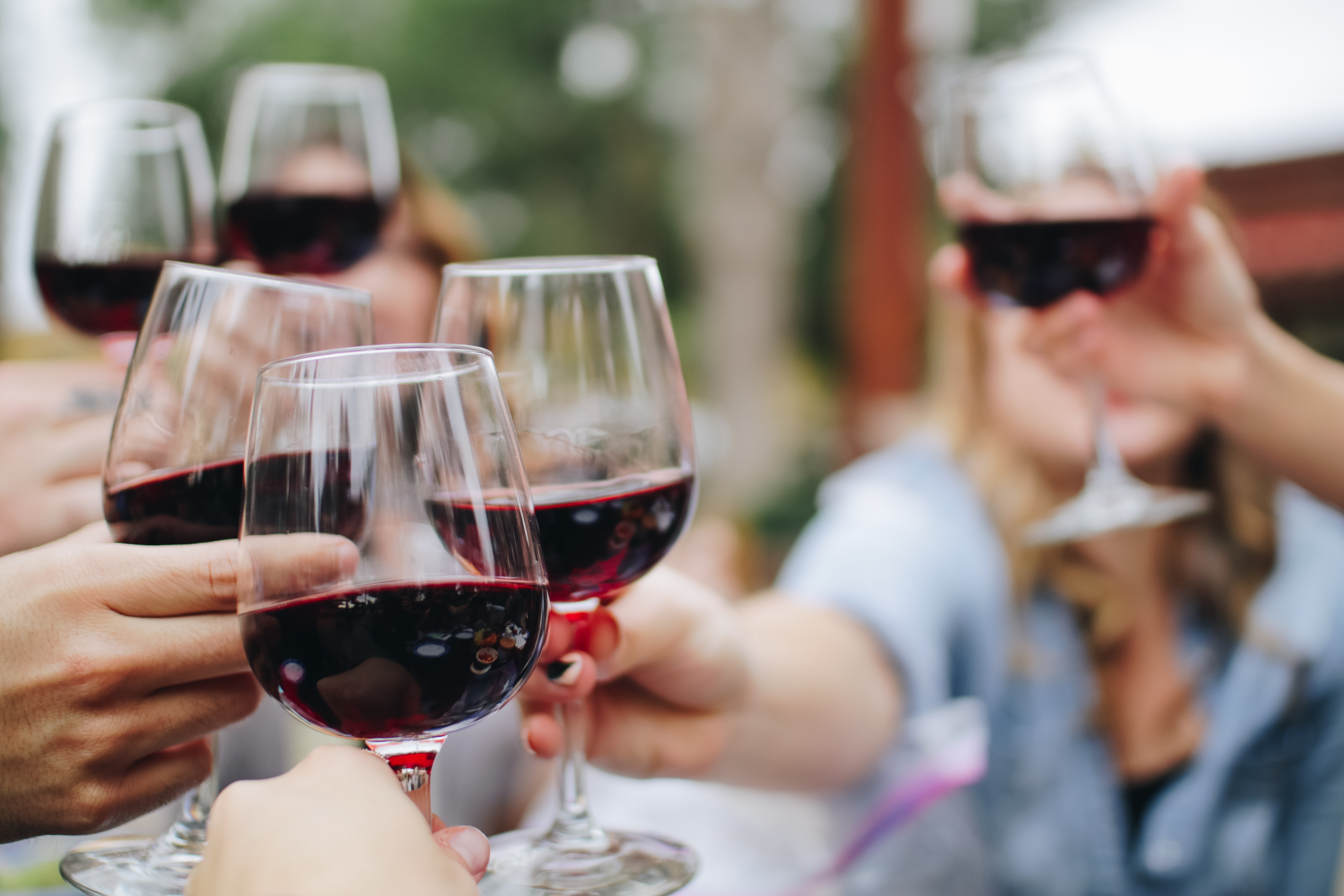Waking in the Night
Oct 27, 2022
Things that go bump in the night
Rest assured (excuse the pun) if you’re one of the many who lurch awake in the wee small hours fresh from the clutches of a nightmare, you are not alone. Around 4am, many are staring into the dark in a state of panic and angst. We often assume this is a purely psychological, ‘stress-based’ reaction and to some extent it is; nightmares occur around this time in REM sleep and are believed to be reflections of stress or trauma in our waking lives. Waking in fear to sudden awareness of sounds, light and movement may evoke visions of ghosts and ghouls, but this is in large part the result of a chain of physical events.

Daytime into night....
Sudden waking in the night can often be traced back to blood sugar irregularities during the day; rather than a drip-feed, sustained level of the sugar in our bloodstream that fuels all of our cells, we often lurch from ‘highs’ to ‘lows’ in reaction to sudden surges from refined sugars, processed foods, caffeine, stimulants and stress. This leaves us ill equipped to sustain blood sugar levels throughout the night (a long time without sustenance) and if they dip too low survival mechanisms kick in. To stop us slipping into a coma the adrenal glands signal to the liver to kick-start gluconeogenesis (literally ‘sugar-new-creation’) and they do this by giving us a shot of adrenaline. Waking to this stimulation is not conducive to going back to sleep; adrenaline can take an hour to be reabsorbed if not used up. In the meantime it promotes a survival fear response so can leave us in the throes of worry about family, money... anything we can find to chew on.
Our bodies have set patterns of functions throughout the night, including detoxification, clearance of harmful invaders and building antibodies to protect us in the day ahead. 2am to 6am is for most active REM (Rapid Eye Movement) sleep where we dream and process psychological issues. Waking naturally from REM sleep should be accompanied by energy and a positive outlook for the day, but if you have just fallen off after hours of insomnia and bad dreams this can feel worlds away.
Soothing to sleep
Let’s face it, modern life sets up us against the tide of sleep preparation, often leaving us little time elsewhere for eating, unwinding or socialising. Eating large meals late, having stimulants such as caffeine and sugar and getting over-excited beyond 7pm are not conducive to the restful states needed for full sleep for a whole night. On the other scale, many folks dread the idea of a quiet night in with meditation and a good book as we’re not used to being quietly alone with ourselves in our stimulated world.
We need to strike a balance that suits us and revel in the preparation for bed to see off the early morning monsters. Those of us on the yogic path have already started to connect in with our daily energy patterns. Creating space and time in the evening takes practice, but sees rewards in sleep that nourishes not drains us.

Sleep nutrition clinic:
- A few oat cakes or half an apple before bedtime can keep blood sugar levels stable throughout the night and prevent the early hours’ crash.
- We produce the sleep neurotransmitter (brain chemical) serotonin from an amino acid (protein) called tryptophan; this is found in bananas, figs, milk, lentils, tuna, turkey, wholegrain crackers and yoghurt - basing a light supper around these foods can help to promote consistent sleep cycles.
- Always start the day with breakfast to get a regulated blood sugar balance foundation.
Sleep lifestyle clinic:
- Have a hot bath to help you become sleepy, but allow yourself to cool down before you get into bed or the temperature drop whilst asleep can add to night waking.
- The most restorative time for our adrenal glands is in the two hours before midnight, so being in bed by 10pm is great stress recovery, even a few times a week.
- Consistent bedtimes and length of sleep optimise sleep patterns best – aim to always get up at the same time, however poor your sleep in the night.
- The sleep hormone melatonin is only released when our pineal glands (‘third eye’) senses low light levels and research now shows that our skin also has similar receptors – fully dark bedrooms keep melatonin released through the night for better sleep.
- Write down anything bothering you when you get into bed, so you can let it go and reduce the likelihood of ruminations waking you to worry in the wee hours.
Alcohol is not the answer
 Much like sugar hits shoot up energy in the short-term only, alcohol has the illusion of a quick-fix ‘cure’ for sleeplessness. This effect is produced by stimulus of the neurotransmitter GABA (gamma-amino-butyric acid), which decreases excess adrenaline, calming the nervous system. We should be able to produce this naturally around bed-time, but we need the mineral magnesium to do so and many of us receive too little in our diets (from green leafy vegetables, fish, nuts and seeds) whilst using it up quickly through stress. GABA produced in response to alcohol, cannabis or tranquilisers is short-lived and if these are taken close to bedtime, the comedown can disturb REM sleep.
Much like sugar hits shoot up energy in the short-term only, alcohol has the illusion of a quick-fix ‘cure’ for sleeplessness. This effect is produced by stimulus of the neurotransmitter GABA (gamma-amino-butyric acid), which decreases excess adrenaline, calming the nervous system. We should be able to produce this naturally around bed-time, but we need the mineral magnesium to do so and many of us receive too little in our diets (from green leafy vegetables, fish, nuts and seeds) whilst using it up quickly through stress. GABA produced in response to alcohol, cannabis or tranquilisers is short-lived and if these are taken close to bedtime, the comedown can disturb REM sleep.
This article was originally published in the February 2014 edition of Om Magazine.
Discover Whole Health with Charlotte here, featuring access to yoga classes, meditations, natural health webinars and more...




